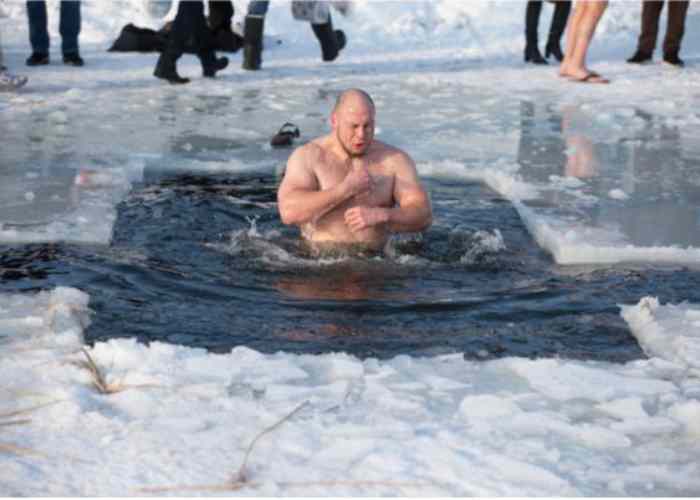Inflammation is the body’s natural response to injury, but chronic inflammation can lead to a variety of health problems. Ice baths have become the preferred method used by many to reduce acute inflammation due to their effective anti-inflammatory effects.
Mechanism of action of cold therapy
Ice baths reduce the release of inflammatory factors by lowering body temperature and slowing the local metabolic rate. When body temperature drops, the body reduces the production of inflammatory mediators such as cytokines and prostaglandins, thereby reducing the inflammatory response. In addition, ice baths reduce the infiltration of tissue fluids and reduce localised swelling.
Research Data
Research has shown that cold therapy has a significant effect on reducing acute inflammatory responses, such as sports injuries and arthritis. For example, one study found that athletes who took ice baths after exercise had much lower levels of inflammatory markers than those who did not undergo cold therapy. This implies that ice baths play an important role in reducing exercise-induced inflammation.
Conclusion.
Ice baths are not only an effective means of muscle recovery, they are also ideal for reducing acute inflammation. Whether used for post-exercise recovery or to treat specific inflammatory problems, ice baths can deliver significant anti-inflammatory benefits.


